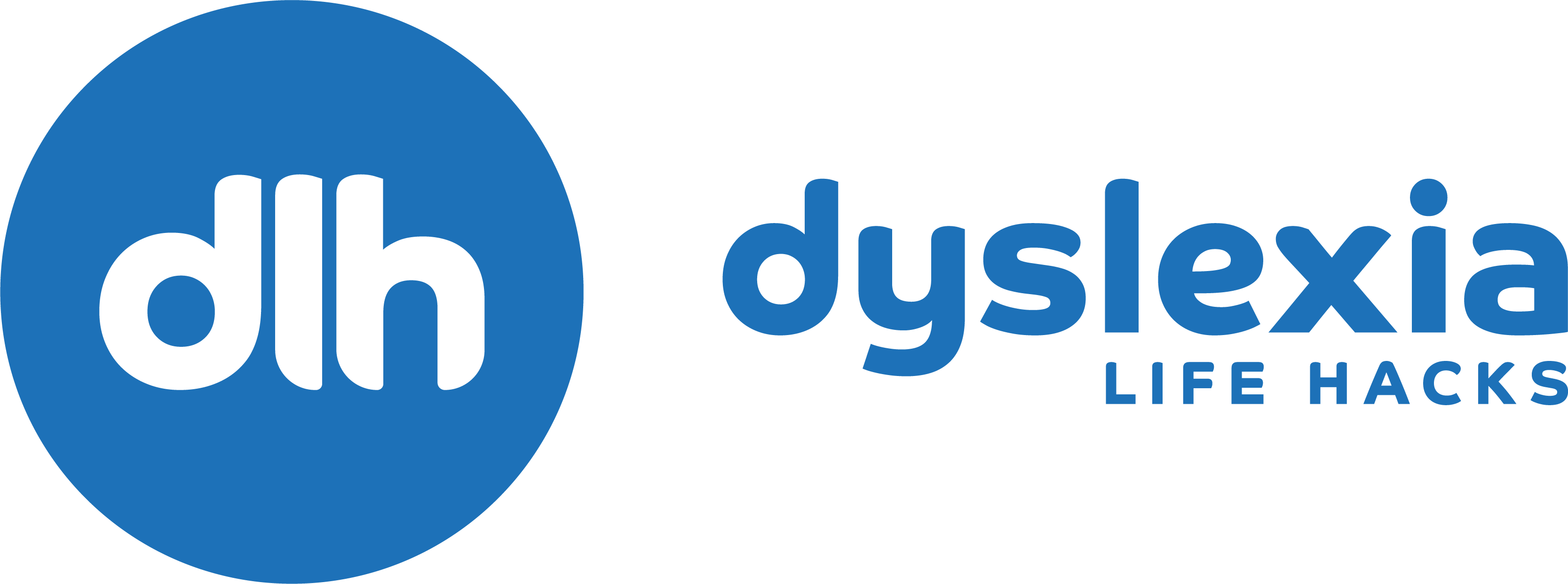“”When I came to the UK at 14, I went around with my grandma visiting peoples houses. There’s always a picture of someone in there cap and gown. “”
Having struggled through school and her early working life, Keisha Swaby wanted to full fill her dream of getting a degree. It was during her degree, when she was getting some of her work prof read she discovered she is dyslexic and dyspraxic. This certainly has not stopped her. She has fulfilled her ambition to have a degree and is now studying for her masters.
Around this, she is a radio DJ for Radio Diamond, runs a website, talks on dyslexia in the black community, advocates for Jamaica dyslexia association and Jamaica inspired. If this was not enough she has found time to work on a book!
Matt and Keisha chart her journey from moving to the UK, struggling at school and finding out she was dyslexic and dyspraxic later on in life. They compere notes on going to university as a mature student’s and Keisha shares what it is like living with dyspraxia.






